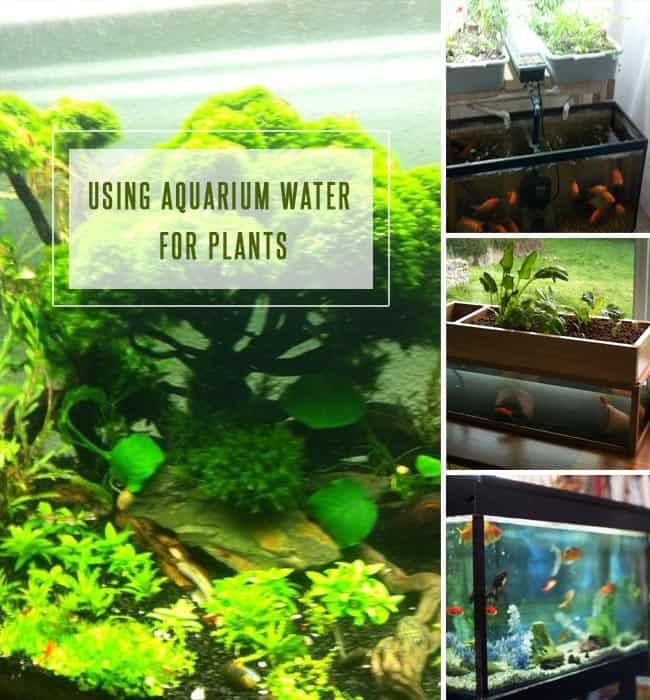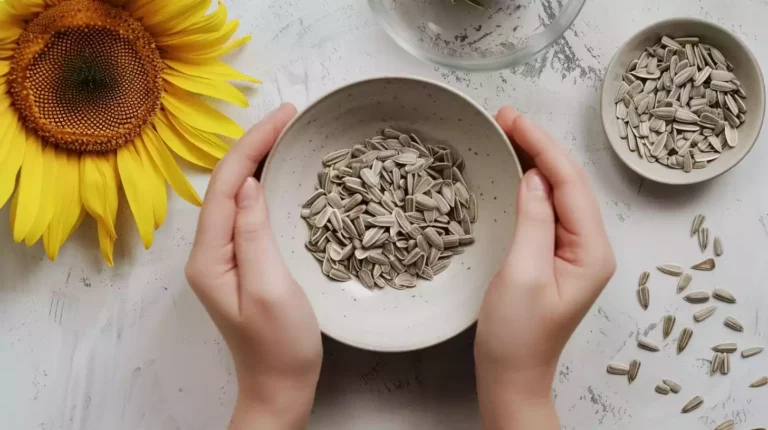7 Surprising Plant Uses of Milk in the Garden
You might be skeptical about using milk in your garden, but its benefits may surprise you.
From improving soil quality to warding off pests and diseases, milk has some unexpected advantages for plant care.
By discovering the various ways milk can be utilized in the garden, you may find a natural and cost-effective solution to enhance your plants’ health and growth.
Continue Reading to Understand These Key Points:
- Milk enhances soil fertility, structure, and water retention for optimal plant growth.
- Milk acts as a natural pest repellent and reduces the need for chemical interventions.
- Calcium in milk strengthens plant immunity and cell walls, combating diseases effectively.
- Milk accelerates seed germination, promotes healthy growth, and regulates plant development.
Soil Enrichment
When enriching the garden soil, milk can introduce beneficial microbes that enhance nutrient absorption for plants. During the growing season, the application of milk can significantly benefit soil health.
The bacteria and fungi promoted by milk aid in breaking down organic matter, releasing essential nutrients for plant uptake. The calcium in milk balances soil pH levels, creating an optimal environment for plant growth.
Incorporating milk into the soil acts as a natural conditioner, improving its structure and fertility. This leads to reduced compaction, better root growth, and water penetration.
Increased water retention capacity from milk helps plants withstand dry periods. Using milk in the garden as a soil enhancer promotes plant health in a cost-effective and eco-friendly manner.
Pest Repellent
I’ll start by highlighting the effectiveness of milk as a natural pest deterrent in the garden, particularly against common insects like aphids and spider mites.
Understanding the mechanisms behind milk’s pest-repelling properties can help optimize its use as a spray for enhanced garden pest control.
Natural Pest Deterrent
Milk is a natural pest deterrent in the garden, repelling pests like aphids, spider mites, and beetles. The proteins in milk disrupt the feeding and reproduction of these pests, protecting plants.
When sprayed on leaves, milk creates a sticky residue that deters pests. This method is non-toxic and eco-friendly, helping control insect infestations.
Regular milk application prevents pest damage, promoting healthier plant growth and preserving beneficial insects. Using milk for pest control enhances plant defenses and reduces the need for harsh chemicals, fostering sustainable gardening.
Milk Spray Effectiveness
Using a milk spray in the garden effectively repels common insect pests like aphids, spider mites, and cabbage worms. Milk’s proteins disrupt and deter these pests, reducing the need for chemical insecticides.
Regular application creates a protective barrier on plant leaves, especially effective against soft-bodied insects. Milk spray is eco-friendly, affordable, and should cover both leaf surfaces for best results.
Mix one part milk with two parts water for a potent DIY pest repellent.
Garden Pest Control
Utilizing milk as a natural pest repellent in the garden offers an eco-friendly and effective approach to controlling common insect pests. Milk disrupts pests’ feeding behavior, deterring insects like aphids, spider mites, and cabbage worms.
Spraying a milk solution on plant leaves creates a sticky residue that hinders pests from feeding and laying eggs. The lactic acid in milk can repel slugs and snails when applied as a barrier around vulnerable plants.
Regular use of milk as a pest control method can help reduce the need for chemical insecticides, promoting a healthier garden ecosystem.
Fungal Disease Prevention
To prevent fungal diseases in the garden, utilize a natural anti-fungal agent like milk.
Milk acts as a potent fungicide, inhibiting powdery mildew and promoting plant health. Its proteins and sugars create a hostile environment for fungal growth when sprayed on plant leaves, forming a protective barrier against pathogens.
The calcium in milk also strengthens plant cell walls, boosting resistance to infections. Regular use not only prevents powdery mildew but also enhances the soil microbiome, improving overall plant immunity.
Incorporate milk spray into your garden care routine to combat fungal diseases and support plant well-being naturally and sustainably.
Seed Germination Booster
Shifting our focus to seed germination, using milk as a natural seed germination booster offers opportunities to optimize plant growth from the start.
- Milk Bath: Soaking seeds in a milk solution can speed up germination by providing essential nutrients for early growth stages.
- Germination Hack: Milk’s proteins and sugars nourish seeds, promoting healthy seedling growth for a strong foundation.
- Seed Nourishment: The calcium in milk strengthens germinating seed cell walls, supporting overall development.
- Enhanced Vitality: Milk as a seed germination booster can improve plant vitality and resilience, leading to robust growth and productivity.
Plant Nutrient Supplement
Milk, a nutrient-rich substance, can be a valuable plant supplement for enhancing garden plant health. The calcium in milk maintains strong cell walls crucial for plant structure. Proteins, vitamins, and sugars in milk provide essential nutrients for plant health, aiding in absorption.
Milk microbes can boost soil health by stimulating beneficial bacteria. Regular milk application prevents nutrient deficiencies, supports growth, and enhances plant resilience. Incorporating milk into gardening routines promotes plant health, nutrient absorption, and growth.
Growth Stimulant
With its calcium-rich composition, milk acts as a potent growth stimulant for plants by containing auxins and cytokinins that regulate plant growth processes, promoting cell division and elongation.
The sugars in milk provide an energy source for plants, enhancing photosynthesis and increasing carbohydrate production.
Calcium in milk aids in nutrient absorption, ensuring plants receive a balanced diet for optimal growth.
Regular milk application boosts plant immunity, increasing resilience to diseases and environmental stresses, enhancing overall vitality and productivity.
Incorporating milk as a growth stimulant in gardening practices can positively impact plant health and yield, supporting natural plant growth and development.
Natural Weed Killer
I’ll explain how milk can effectively control weeds in your garden and serve as an organic herbicide alternative.
The proteins and sugars in milk disrupt weed growth by inhibiting seed germination and root development.
Applying a milk solution directly to weeds can help manage their spread without the use of harmful chemicals.
Weed Control Methods
Utilizing milk as a natural weed killer provides an effective and eco-friendly method for controlling unwanted vegetation in the garden. Diluted milk solutions can be applied to smother weeds and inhibit their growth without harmful chemicals.
The proteins and sugars in milk act as a natural herbicide, suppressing weed growth by inhibiting seed germination. Regular application of milk as a weed killer not only helps maintain a weed-free garden but also provides nutrients to the soil, promoting overall garden health.
Milk is an eco-friendly alternative for weed control, ensuring a chemical-free environment for plant growth.
Organic Herbicide Alternatives
Milk is a natural herbicide that can effectively control weeds in the garden. The proteins and enzymes in milk act as a herbicide, suppressing weed growth.
Applying a milk solution directly to weeds inhibits their growth, gradually reducing their presence. This eco-friendly method is safe for the environment and your garden, providing a sustainable and chemical-free weed management solution.
Final Thoughts
Milk can be a versatile and beneficial tool in gardening, offering uses from soil enrichment to disease prevention. Like any tool, moderation is key.
So, when tending to your garden, why not give milk a try and see the amazing results for yourself?






